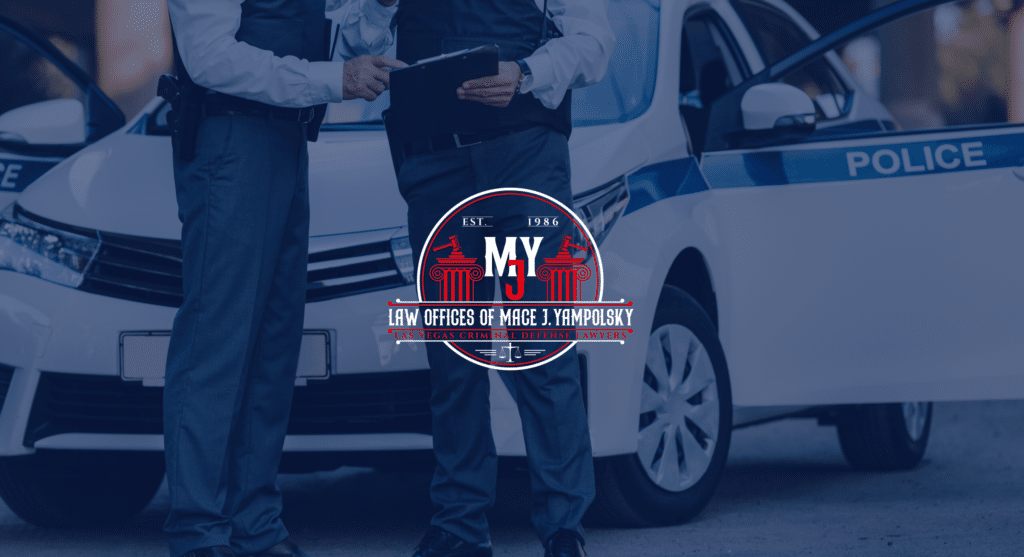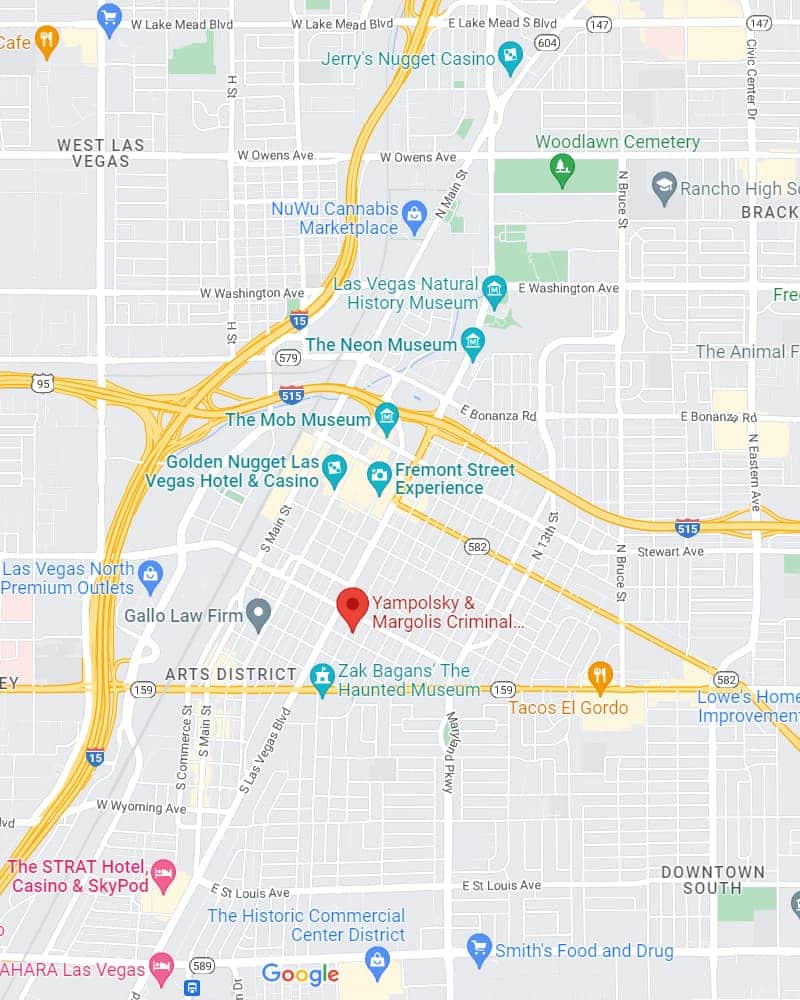Being Charged In State Court Or Federal Court
In state court, depending on the facts, the attorney is usually able to resolve a case so that the charge is eligible for probation and his client doesn’t spend any time in prison. In federal court, the penalties are much more severe. There are mandatory minimum sentences. The Federal sentencing guidelines (FSG) calculate a range of punishments. Your criminal history and the offense level will determine how long someone will spend behind bars. Obviously the more serious the crime and the more extensive the criminal history, the longer the sentence will be. Judges are not bound by these guidelines. They can sentence you to more time or less or even to probation, but usually, they will follow the FSG.
In federal court, if you are convicted of a white-collar crime such as wire fraud, securities fraud, bank fraud, money laundering, or any other similar crimes, you will go to prison. So, the way your case is handled makes a huge difference. We will fight to keep the case in state court so the possible outcome is not as severe. It is much easier to resolve the case so that your client does not go to prison.
There is also another type of court called Municipal court which handles misdemeanors committed within the actual city itself. Those cases are heard in Las Vegas Municipal Court, Henderson Municipal Court, and North Las Vegas Municipal Court. The most serious crimes that the municipalities face are misdemeanor DUIs and misdemeanor domestic violence cases. For a felony or a gross misdemeanor charge, even if it takes place within the city, municipal courts do not have jurisdiction, so it would be prosecuted by the State or by the Clark County district attorney’s office.
Oftentimes, when someone is arrested within city limits for something such as possession of drug paraphernalia (a misdemeanor) or possession of cocaine (a felony), the paraphernalia charge will be handled in the municipal court whereas the felony charge will be prosecuted in justice court even though it’s part of the same incident.
When this happens, attorneys like to do what’s called a ‘Global Resolution’ and resolve both cases at the same time. That’s obviously better for the client. Usually, when it’s a drug case and is a straight possession charge as opposed to possession with intent to sell, attorneys are able to knock down the charges to a misdemeanor and in a best-case scenario, have it dismissed.
Oftentimes, attorneys also do something called a ‘Deferred Adjudication,’ which means that the client who was charged with the felony will usually plead to the misdemeanor charge and then the court will withhold adjudication, which means they won’t enter it as a conviction. Generally, the client will need to complete some requirements, such as completing drug counseling, paying a fine, and community service. If everything is successfully completed, then the case will ultimately be dismissed.
Once the case is dismissed, a record can then be sealed. Sealing a record is a separate procedure. It’s a civil procedure in which you obtain your criminal record, also called scope, which shows that you were arrested and what you were charged with. The criminal record will also show that the case was resolved and dismissed. However, if anyone were to look, they would see that you were charged with a crime. This is when the procedure of Sealing The Record would be beneficial.







